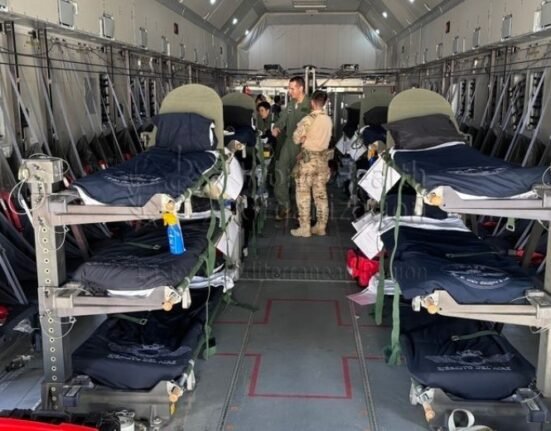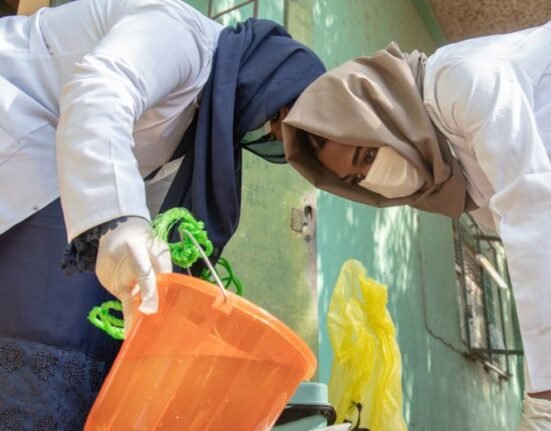HQ Team
January 27, 2023: The WHO has updated its list of medicines to stockpile for radiological and nuclear emergencies.
The new list focuses on pharmaceuticals for treating radiation exposure and addresses the governance and management of such a stockpile, according to a January 27 statement.
A radiation emergency stockpile must include stable iodine, administered to prevent or reduce the exposure of the thyroid to radioactive iodine.
Chelating agents used to remove toxic metals from the body, such as Prussian blue, which is applied to remove radioactive caesium and calcium, were second on the list.
Decorporating agents, which remove internally deposited radionuclides from the body after an accidental or unintentional intake, such as zinc-DTPA used to treat internal contamination with transuranium radionuclides, were added.
Cytokines
Cytokines used to mitigate damage to the bone marrow in case of acute radiation syndrome and other medicines used to treat vomiting, diarrhoea, and infections were the new entrants.
“In radiation emergencies, people may be exposed to radiation at doses ranging from negligible to life-threatening,” said Dr Maria Neira, WHO Acting Assistant Director-General, Healthier Populations Division.
“Governments need to make treatments available for those in need – fast,” the Spanish physician said. “It is essential that governments are prepared to protect the health of populations and respond immediately to emergencies. This includes having ready supplies of lifesaving medicines to reduce risks and treat injuries from radiation.”
The new guidelines supersede the 2007 WHO report on developing national stockpiles for radiation emergencies. It includes updated information on the stockpile formulary based on the developments in radiation emergency medicine in the last decades.
The report looks at the role of national health authorities in stockpile development as well as the role of WHO.
‘Effective countermeasure’
“This updated critical medicines list will be a vital preparedness and readiness tool for our partners to identify, procure, stockpile and deliver effective countermeasures in a timely fashion to those at risk or exposed in these events,” said Dr Mike Ryan, Executive Director of WHO’s Health Emergencies Programme.
Typically, a national stockpile for all-hazards, health emergencies would include generic supplies and materials such as personal protective equipment (PPE), trauma kits, fluids, antibiotics and painkillers.
This publication includes only specific drugs known and licensed today to prevent or treat human over-exposure to radiation.
Potential scenarios in the publication include radiological or nuclear emergencies at nuclear power plants, medical or research facilities, accidents while transporting radioactive materials, and intentional uses of radioactive materials with malicious intent.








